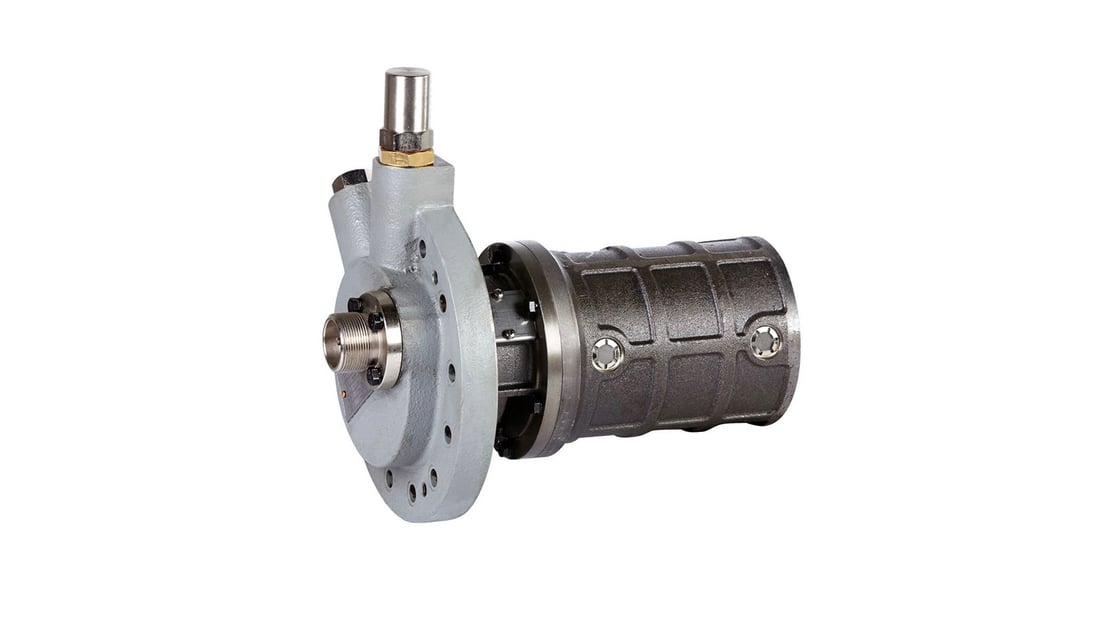The Basics of centrifugal gear pumps
If you operate an industrial facility that requires the transfer of fluids, you need a reliable pumping system. One solution is a centrifugal gear pump, which is efficient, durable, and versatile. These pumps are popular across a range of industries, including mining, agriculture, and chemical manufacturing. In this guide, we'll provide detailed information about centrifugal gear pumps, so you can determine if they are right for your business needs.
Understanding Centrifugal Gear Pump Operation
Centrifugal gear pumps work using centrifugal forces to move fluids through the pump system. The pump is made up of two gears that rotate in opposite directions, trapping fluid between the teeth of the gears and forcing it through the pump. These pumps are particularly good at handling high viscosity liquids, which is why they are commonly used in manufacturing and processing applications.
The Advantages of Centrifugal Gear Pumps
There are several reasons why centrifugal gear pumps are an attractive option for industrial and commercial applications. Firstly, these pumps are highly efficient and perform well under pressure. They are also durable and able to withstand long periods of intense use. Additionally, they can handle a range of fluids, including viscous liquids and abrasive materials.
Types of Centrifugal Gear Pumps
There are several different types of centrifugal gear pumps, including standard centrifugal gear pumps, magnetic drive pumps, and self-priming pumps. Each type has its own unique features and advantages, so it is important to choose the right type for your specific application. For example, a self-priming pump may be preferable for environments where priming is difficult or impractical.
Applications for Centrifugal Gear Pumps
Centrifugal gear pumps are used in a wide range of applications, including mining, chemical processing, food and beverage production, and agriculture. They are particularly useful in situations where high pressure and high viscosity fluids need to be moved quickly and efficiently. Other applications may include slurry transfer, wastewater management, and oil and gas production.
Finding the Right Centrifugal Gear Pump for Your Needs
When selecting a centrifugal gear pump, it is important to consider your specific business needs. Factors to consider may include fluid viscosity, temperature, and flow rate. It is also important to ensure that the pump is compatible with the type of fluid being pumped, including its corrosiveness and chemical composition.
Caring for Your Centrifugal Gear Pump
To ensure that your centrifugal gear pump remains in excellent condition, regular maintenance is needed. This may include checking for leaks, monitoring fluid levels, and inspecting gears and bearings. It is also important to follow manufacturer guidelines for proper maintenance and repair.
The Cost of Centrifugal Gear Pumps
The cost of a centrifugal gear pump can vary depending on factors such as size, materials used, and type of pump. However, in general, these pumps tend to be more affordable than other types of pumps. Additionally, their long lifespan and durability make them a solid investment for businesses in need of a reliable pumping system.
Choosing the Right Centrifugal Gear Pump Supplier
When sourcing a centrifugal gear pump, it is important to choose a reputable supplier. Look for companies with a track record of quality products and excellent customer service. Additionally, consider factors such as shipping and delivery times, payment options, and warranties or guarantees.
Conclusion
A centrifugal gear pump is a versatile, efficient, and durable pumping system suitable for a wide range of industrial and commercial applications. Whether you are mining minerals, transferring food products, or managing wastewater, a centrifugal gear pump can help transport any type of fluid with ease. Consider your business needs carefully and look for a reputable supplier to ensure you invest in the right pump for your needs.

